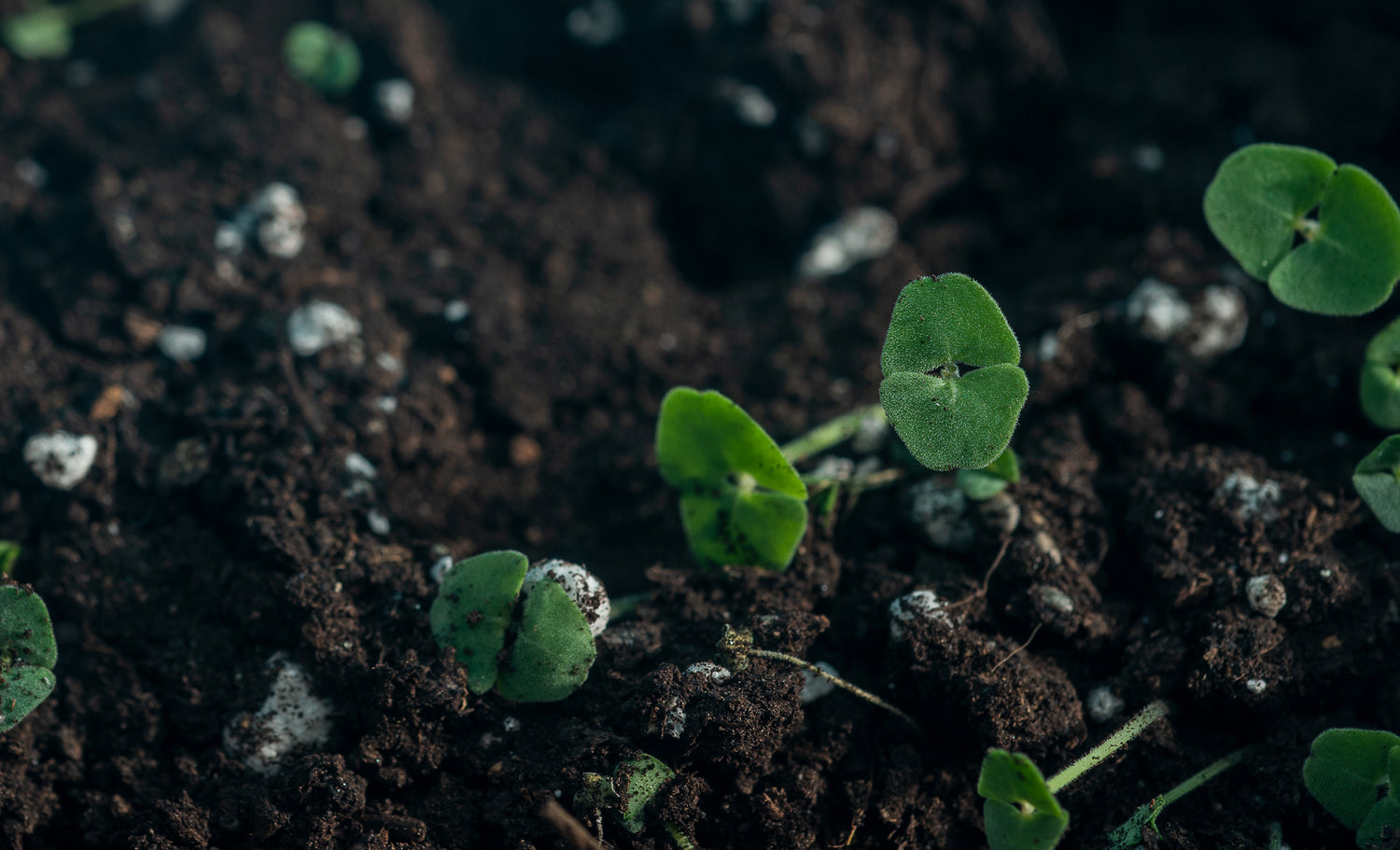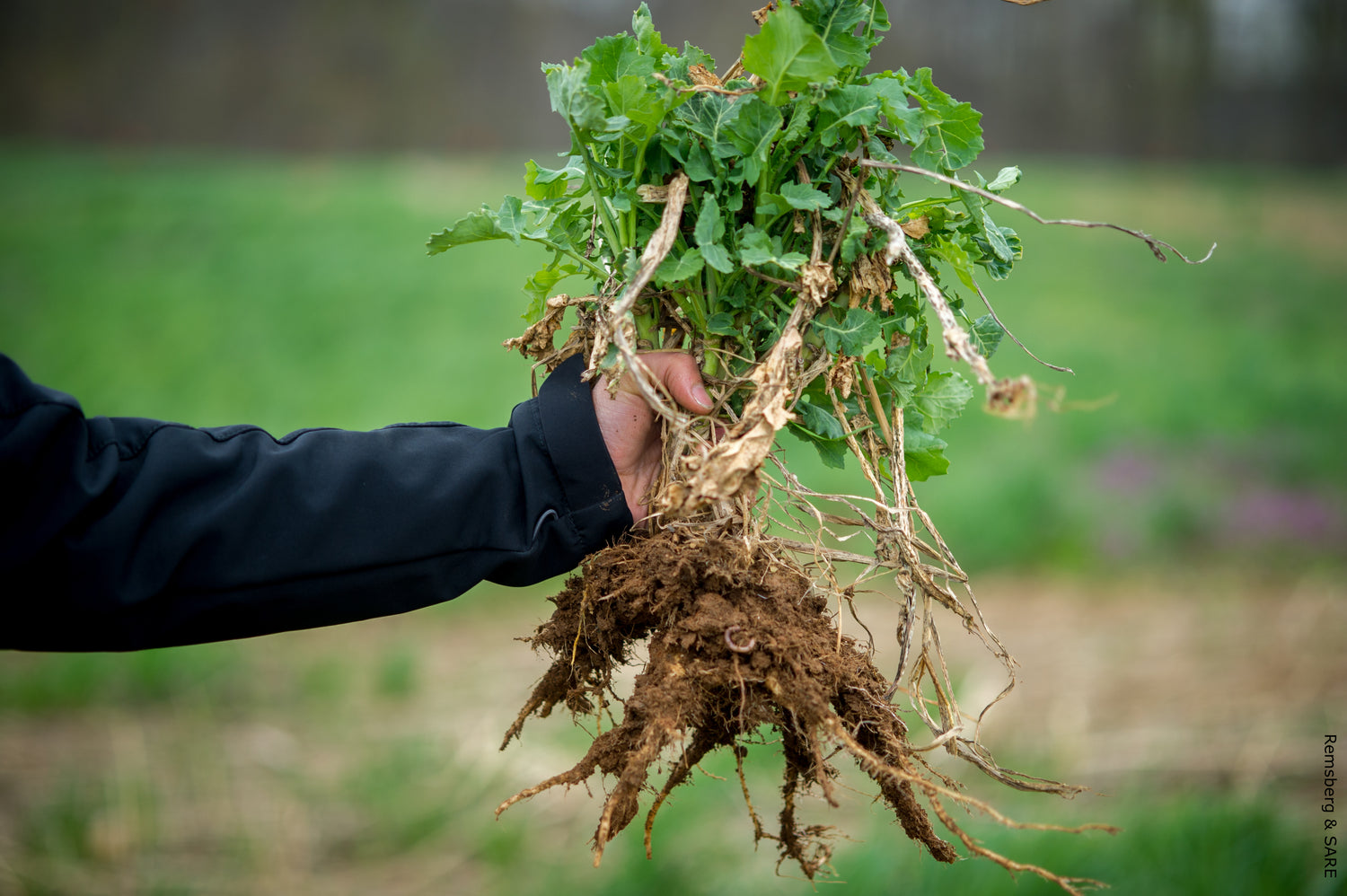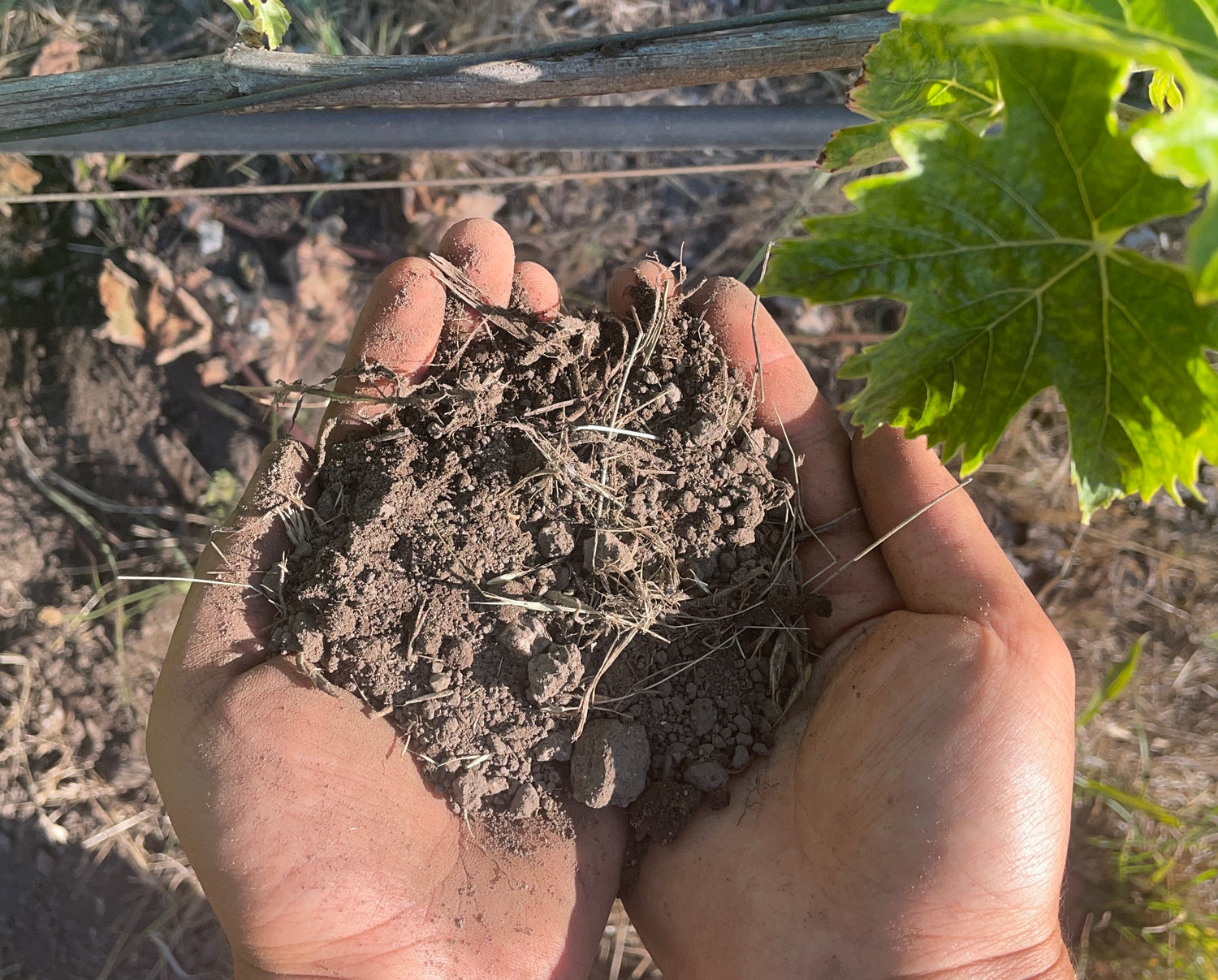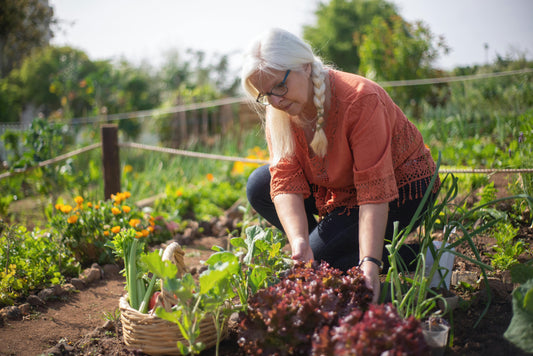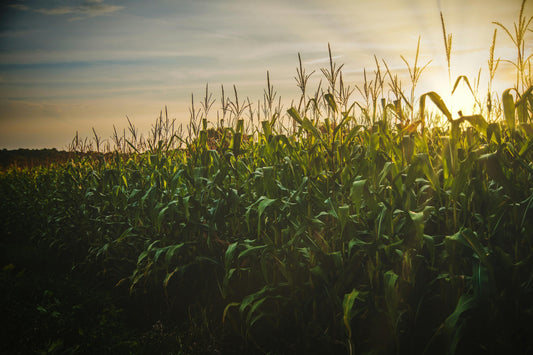In Los Angeles, where urban sprawl meets a vibrant push for sustainability, soil is the unsung hero of thriving gardens and resilient ecosystems. As the backbone of plant health, quality soil fuels a burgeoning organic gardening movement, addressing challenges like contamination and drought. Initiatives like TreePeople’s Healthy Soils for Healthy Communities have spotlighted soil’s role in urban vitality, contributing to a $1 billion local green economy, per a 2024 *Los Angeles County Economic Development Corporation* report. This 2025 guide, grounded in 2024 research, explores soil’s critical importance, organic gardening’s rise, and Los Angeles’ efforts to nurture healthy soils for a greener future.
Soil: The Lifeblood of Plant Health
Soil is more than dirt—it’s a dynamic ecosystem delivering nutrients, water, and stability to plants. Ideal soil, with 3–6% organic matter, a pH of 6.0–7.5, and balanced texture, ensures 15% higher plant vigor, per a 2024 *Journal of Plant Nutrition* study. In Los Angeles’ Mediterranean climate, with 10–15 inches of annual rainfall and sandy loam to clay soils, maintaining soil quality is critical. Nutrient-rich soils support 20% better root growth, while proper aeration and water retention reduce plant stress by 10%, per a 2024 *Soil Science Society of America Journal* study.
Organic Gardening’s Surge in Los Angeles
Organic gardening, emphasizing natural fertilizers and pest control, has taken root in Los Angeles, with 10,000 urban gardens by 2024, per a 2024 *Urban Ecosystems* study. This approach cuts synthetic chemical use by 40%, reducing soil and water contamination, per a 2024 *Environmental Management* study. Driven by concerns over soil pollution—5% of urban soils show heavy metal traces, per a 2024 *Journal of Environmental Quality* study—residents are embracing compost, cover crops, and native plants to foster sustainable landscapes.
Why It Matters: Organic practices boost soil microbial activity by 25%, enhancing nutrient cycling and plant resilience, while aligning with Los Angeles’ goal to reduce carbon emissions by 10% through green initiatives, per a 2024 *City of Los Angeles Sustainability Report*.
TreePeople’s Healthy Soils Initiative
Launched in 2019 by TreePeople, the Healthy Soils for Healthy Communities Initiative has transformed Los Angeles’ approach to urban soil management. By 2024, it assessed 1,000 soil samples across the county, identifying nutrient deficiencies in 60% of urban sites and contamination in 8%, per a 2024 *Soil Use and Management* study. The initiative promotes:
- Research: Mapping soil health to guide urban planning.
- Advocacy: Pushing policies for soil-friendly development, adopted in 20% of city projects.
- Community Engagement: Training 5,000 residents in soil care since 2019.
This work has restored 200 acres of degraded soils, improving water retention by 15% and supporting 500 native plant species, per a 2024 *Urban Forestry & Urban Greening* study.
Soil Testing: Precision for Thriving Gardens
Soil testing is a game-changer for Los Angeles gardeners, pinpointing nutrient levels, pH, and contaminants. Tests reveal 70% of local soils need nitrogen (15–30 ppm target) or pH adjustments, per a 2024 *Agronomy Journal* study. By tailoring amendments—like adding 2 tons of compost per hectare—gardeners boost yields by 12% and reduce fertilizer waste by 20%. Testing services, used by 8,000 gardeners in 2024, are available through labs like A&L Western Laboratories and local extension programs, ensuring safer, healthier soils.
Process: Collect 10–15 samples per garden at 0–6 inches, analyze for pH, nutrients, and metals (e.g., lead <400 ppm), and adjust based on results, per a 2024 *Journal of Soil and Water Conservation* study.
Championing Healthy Soils Citywide
Los Angeles recognizes healthy soils as vital to climate resilience, regulating temperature and storing 4–6 tons of carbon per hectare, per a 2024 *Biogeochemistry* study. The city’s efforts include:
- Public Awareness: Campaigns reaching 100,000 residents highlight soil’s role in urban ecosystems.
- Policy Innovation: Regulations promote green roofs and permeable surfaces, adopted in 15% of new developments, improving stormwater retention by 25%, per a 2024 *Land Use Policy* study.
- Research: Partnerships with UCLA study microbial enhancements, increasing nutrient uptake by 10%, per a 2024 *Soil Biology and Biochemistry* study.
- Community Empowerment: 500 community gardens provide resources, producing 1,000 tons of organic produce annually.
These initiatives strengthen Los Angeles’ resilience to drought and heat, supporting 30% more urban biodiversity.
Practical Steps for Organic Gardening
Gardeners can enhance soil health with these strategies:
- Compost: Add 2–4 tons per hectare to increase organic matter by 8%, per a 2024 *Journal of Sustainable Agriculture and Environment* study.
- Cover Crops: Use clover to add 15–25 kg of nitrogen per hectare, reducing erosion by 20%.
- Native Plants: Plant species like California poppy to improve soil structure by 15%.
- Mulching: Apply 2 inches of organic mulch to retain 20% more moisture.
- Minimal Tillage: Preserve 10% more soil carbon and microbial life.
Where to Find Soil Sampling Resources
Los Angeles offers robust support for organic gardening through local garden centers and services:
- Theodore Payne Foundation (10459 Tuxford St, Sun Valley, CA 91352): Native plants, soil kits. Rated 4.8 stars on Google Maps.
- Armstrong Garden Centers (7540 S Sepulveda Blvd, Los Angeles, CA 90045): Compost, organic fertilizers. Rated 4.6 stars.
- Sunset Boulevard Nursery (4368 W Sunset Blvd, Los Angeles, CA 90029): Seeds, mulch. Rated 4.7 stars.
- Hashimoto Nursery (1935 Sawtelle Blvd, Los Angeles, CA 90025): Soil amendments, tools. Rated 4.5 stars.
- Anawalt Lumber & Garden Center (641 N Robertson Blvd, West Hollywood, CA 90069): Testing kits, native plants. Rated 4.4 stars.







